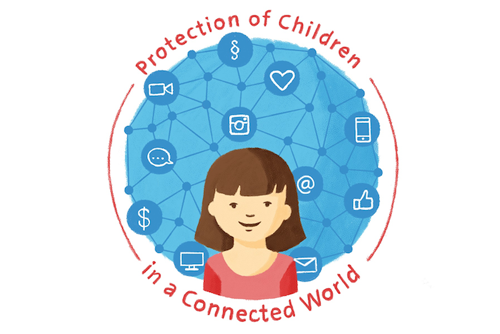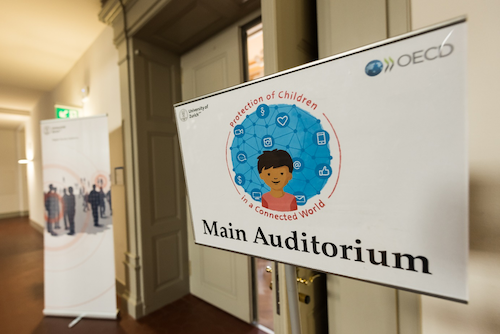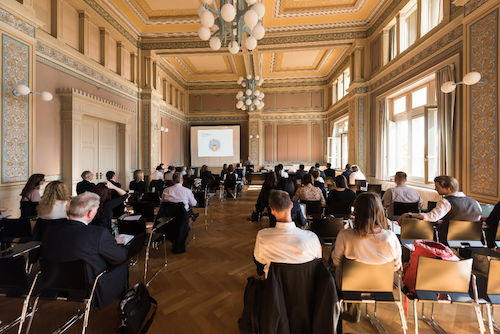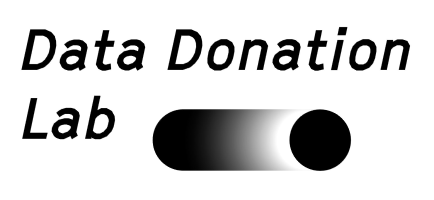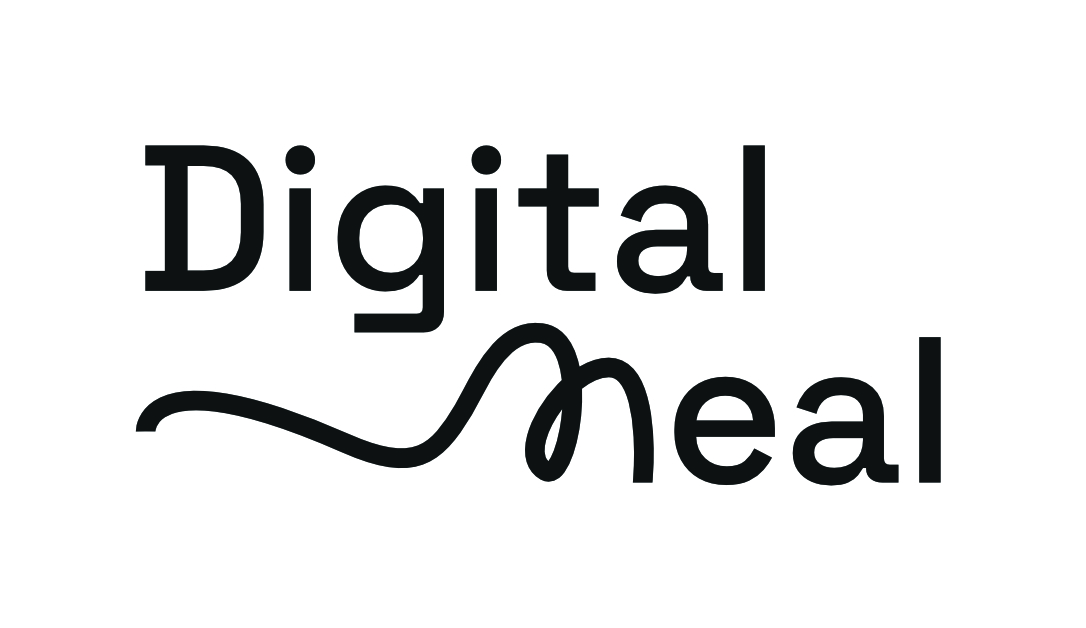Transfer
Data Donation Days 2024
During a total of six Data Donation Days in 2024, the Data Donation Lab and the Division of Media Use and Media Effects raised awareness about the still largely unknown topic of "data donation" through public events. The idea behind data donation is for researchers to ask users of platforms like YouTube, TikTok, or Instagram to donate their usage data for research.
The stand-based events held in the pedestrian zones of Zurich and Winterthur, as well as at four Zurich universities (UZH, ZHAW, PHZH, and ZHdK), aimed to increase the awareness of passersby, students, and researchers about their rights regarding their personal data.
Protection of Children in a Connected World
Growing up in an increasingly digitalized landscape prompts questions such as "what new online risks arise in today’s digital landscape", "what are the digital skills children and teenagers need in their everyday life to master these risks", and “how can we empower them for future challenges”? 60 experts from all over the world followed our invitation to this OECD workshop at the University of Zurich. The outcome of this expert consultation was the basis for the revision of the OECD recommendation of the Council on Children in the Digital Environment that was amended by May 2021
Communicative Challenges in Digital Societies
Both public and private communication have changed decisively as a result of digitalisation. We organized the lecture for the Digital Society Initiative to address the most important opportunities and challenges for society arising from these changes. Discussions included the influence of new forms of online propaganda and fake news on political debates, how online platforms can be legally regulated, which strategies media companies can use to assert themselves in the changing market conditions, how children and young people can learn how to use the Internet positively and to what extent robots can help people with disabilities to participate in social exchange. Beside these societal challenges we also addressed the influence of digitalisation on scientific research. Digital traces of Internet usage and electronic devices such as smartphones provide researchers with new insights into people's communication and relationship behavior. At the same time, these data sources are associated with numerous problems, ranging from ethical and legal aspects to the question of what the digital traces stand for.
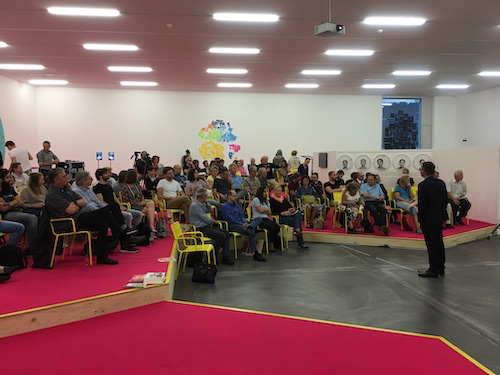
All lectures are available as videos:
Lecture by Prof. Dr. Lucy Küng
"Going Digital - Wie führende Medienhäuser die Digitalisierung meistern"
Video Link
Lecture by Prof. Dr. Susan C. Herring
"Robot-mediated communication: opportunities and challenges"
Video Link
Lecture by Prof. Dr. Natali Helberger
"The political power of online platforms – too big to regulate?"
Video Link
Lecture by Prof. Dr. Jürgen Pfeffer
"Menschliches Verhalten verstehen mit Social-Media-Daten: Wir dachten, es sei einfacher"
Video Link
Lecture by Prof. Dr. Uwe Hasebrink
"Growing up in digital societies – supporting and protecting children online"
Video Link
Lecture by Prof. Dr. Sune Lehmann
"Using smartphones for measurig social networks in high resolution"
Video Link
Lecture by Prof. Dr. Thorsten Quandt
"Die manipulierte Gesellschaft: Propaganda, Populismus und Fake News im Netz"
Video Link
